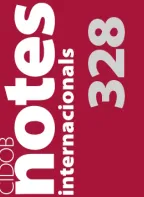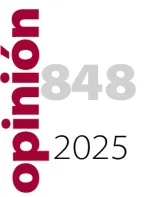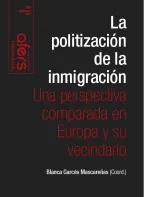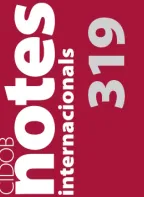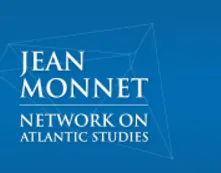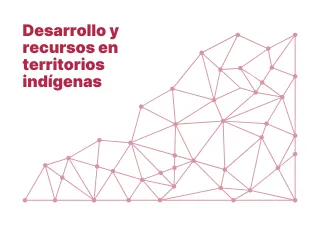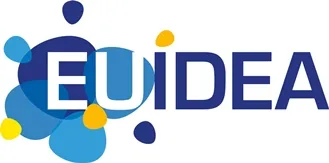Anna Ayuso Pozo

Senior Research Fellow and Research Coordinator
PhD in Public International Law and Master's Degree in European Studies from the Autonomous University of Barcelona (UAB). Senior research fellow for Latin America at CIDOB since 2002, where she previously coordinated the International Cooperation Area (1996-2002), and Research Coordinator. Associate Professor of Public International Law and member of the research team of the "Global INTEL" research team recognized and funded by the AGAUR of the Generalitat 2021-SGR00203 (2022-2024). Associate professor at the Barcelona Institute of International Studies (IBEI). Member of the Editorial Board of the Revista CIDOB d’Afers Internacionals; the Advisory Council of the Mural International Magazine of the University of the State of Rio de Janeiro; Member of the Advisory Board of the Comillas Journal for International Relations; Member of the Scientific Committee of the magazine América Latina Hoy. Coordinator of the Europe Cuba Jean Monnet Network Forum (2018-2022), Member of the Scientific Committee of the Reflection Group on Integration and Development in Latin America and Europe (GRIDALE). Vice-President of the Board of Directors of the Spanish Network of Development Studies (REEDES) 2023-2026). Councilor of the Advisory Committee on Sustainable Development (CADS) of the Generalitat of Catalonia. Research Stays at Fundação Getulio Vargas in Rio de Janeiro; Colegio de México and the Technical Office for Spanish Cooperation in Mexico City; "School of Oriental and African Studies" of London; the “Institute of Development Studies”, University of Sussex; the "Deutsches Institut für Entwicklungspolitik" in Berlin. Experience in reports and consultancies for various Spanish and EU institutions.
ORCID 0000-0003-1301-851X
